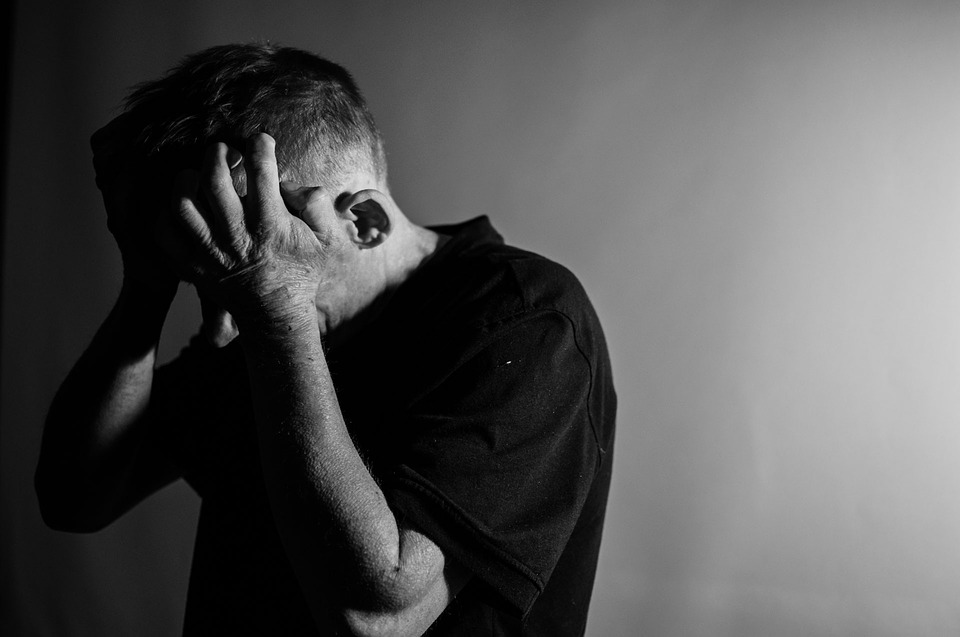An ongoing debate to introduce the benefits of medicinal marijuana to a wider public has seen a lot of success over the past few years. We’ve seen the plant cameo in many TV series, movies, songs as something as regular as a glass of water.
The whole idea with this passive propaganda is to destigmatize and remove the taboo from using cannabis to help treat various physical conditions. The debate is moving in a good direction every day and regular people are starting to appreciate the benefits medicinal marijuana offers. They would rather put their trust in this natural healing method these days, which is a good thing after all.
In theory, this is a job well done, but still, we must be careful because science cannot keep up with this pace of positive attitude. There is still much left to determine so that we could be absolutely sure about the effects, both positive and negative, marijuana has on the human body. There’s a lot of catching up left to do and right now we can rely more on personal experiences and word of mouth.
In that regard, mental illness treatment is serious and to treating them such an issue with marijuana at this level of research is risky. Benefits are evidential, but we are still lacking a certain scientific answer on how it can precisely affect people and their mental conditions.
Here is some information about potential problems one might experience when trying to treat depression like this.

Not Everyone Reacts the Same
Even though people have reported a positive outcome of their use of marijuana to battle depression and anxiety, it still not completely safe to recommend it to every single person. The sole reason for that is that not everyone’s organism has the same reaction to the substance.
It is still not possible to precisely determine a universal answer regarding the amount of cannabis needed for various conditions we are trying to treat. Therefore, when it comes to depression treatment we are still not in the right place regarding the precise dose a patient should take primarily due to the fact that more research is needed.
We are still in the process of self-treatment and that might be particularly risky because it has been reported that some people have experienced paranoia, anxiety and occasional panic attacks when they use marijuana, and those side effects are the first thing you want to avoid when dealing with depression.
It Can Make Matters Worse
Regarding the paragraph above, it has been reported that cannabis might even make your mental condition worse. The scientific literature states that people who regularly use cannabis are more susceptible to depression, especially if used heavily in formative years. Same rules apply to this statement as well, it hasn’t been scientifically proven that this is a definitive case, it still varies from person to person.
As mentioned above not everyone experiences the same reaction and if you are suffering from depression and are looking for a way out by using marijuana, it might just not be for you. But at the same time, the guy next to you could find it helpful. If you start a daily treatment plan and notice that things are only getting worse, that the problems you are dealing with seem only bigger and scarier if you have bad and unpleasant thoughts while under the influence then it is best to stop using as your depression might only get worse.
Finally, some research claims that cannabis might trigger schizophrenia or different psychoses especially in people who are genetically more likely to develop these types of illnesses.
Taking cannabis as a therapy to treat depression could actually cause a completely different problem you did not even consider. This is not common though, but it’s present and extra care is always good.
It Might Cause Mental Addiction
Another risk we are dealing here is dependence. Although weed hasn’t been proven to cause addiction, some people might want to achieve that short-term relief by using as often as possible which might lead to organism adapting to that state. This, in turn, might lead to a feeling that weed just doesn’t cut it anymore.
Again, it all depends on how your body reacts and whether or not you are susceptible to addiction. In other words, you don’t need additional problems on top of the depression you are already dealing with.
The lack of more conclusive research has led to the conclusion that this risk of addiction is also an individual matter, and you can’t be certain unless you try it. But it is still worth drawing attention to possible risks.
Basically, it all comes down to individual experience. Right now there is no universal answer to the question whether marijuana should be used to treat depression.
You shouldn’t trust anyone else’s experience and suggestions to take a substance you know nothing about. The same goes for marijuana.
If you decide to proceed with that type of treatment for your depression, it would be smart to get a second opinion from a therapist.




